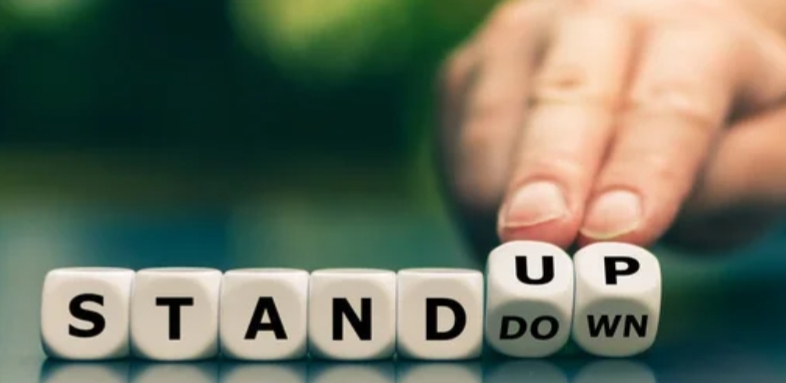
In the journey of life, we often encounter situations that challenge our comfort, values, and sense of self-worth. It might be a demanding boss, a dismissive colleague, a critical family member, or even a subtle social dynamic. In all these moments, one skill proves invaluable: the ability to stand up for yourself. This isn’t about aggression or conflict; it’s about self-respect, setting boundaries, and asserting your inherent value.
The Power of Assertiveness
Standing up for yourself is essentially practicing assertiveness. Assertiveness is the sweet spot between passivity (allowing others to infringe on your rights) and aggression (infringing on the rights of others). It means expressing your thoughts, feelings, and needs clearly, honestly, and respectfully, while still acknowledging the rights of others.
- It’s about Voice: When you stand up for yourself, you give voice to your genuine needs and beliefs. This prevents resentment from building and ensures your well-being isn’t sacrificed for the comfort of others.
- It’s about Boundaries: Clear boundaries are essential for healthy relationships and mental health. Hesitating to speak up allows others to cross these lines. Therefore, it leads to stress and exploitation. Asserting yourself helps you establish and maintain those critical limits.
- It’s about Self-Respect: Every time you successfully advocate for yourself, you send a powerful message to your subconscious: “I matter.” This consistently reinforces your self-esteem and encourages others to treat you with the same respect.
Overcoming the Hesitation Hurdle
Why do people hesitate? The reasons are deeply rooted in social conditioning and fear:
- Fear of Conflict: Many people are “conflict-avoidant” and believe that agreeing, even when they disagree, is the path of least resistance.
- Fear of Rejection/Disapproval: The worry that asserting a need will make others dislike them, criticize them, or even leave them.
- The “Good Person” Trap: A mistaken belief that being a “good” or “nice” person means always prioritizing the needs of others over their own.
To overcome this, reframe the act: Standing up for yourself is an act of self-care, not selfishness. It’s about honesty and integrity—being true to yourself first.
Practical Steps to Stand Tall
Developing this skill takes practice and courage. Here are ways to confidently assert yourself:
- Know Your Rights: Recognize that you have a right to your own feelings, opinions, and needs. You have the right to say “no” without guilt, and the right to be treated with respect.
- Use “I” Statements: Frame your concerns around your feelings, rather than attacking the other person. Instead of, “You always interrupt me,” try, “I feel unheard when I am interrupted, so I need to finish my thought.”
- Be Clear and Direct: Avoid rambling or apologizing unnecessarily. State your point concisely and firmly. For example, if you can’t take on more work, a simple “I appreciate the offer, but my current workload is full and I need to prioritize what I have,” is sufficient.
- Practice in Low-Stakes Situations: Start small. Practice asking for what you want at a restaurant (e.g., a specific table or modification to a dish) or correcting a small error. Build the muscle of assertiveness gradually.
- Master the Pause: When confronted or asked to do something you don’t want to do, don’t rush to answer. Take a breath and say, “Let me think about that and get back to you.” This gives you time to formulate a thoughtful, assertive response.
The Ripple Effect of Self-Advocacy
When you stand up for yourself, the positive effects radiate outward. You gain credibility because people learn what your expectations are. You feel more authentic because your actions align with your internal beliefs. Most importantly, you teach others how to treat you.
Never hesitate to stand up for yourself. Your voice is important, your boundaries are sacred, and your well-being is non-negotiable. Your silence will not protect you; but your voice will empower you.
